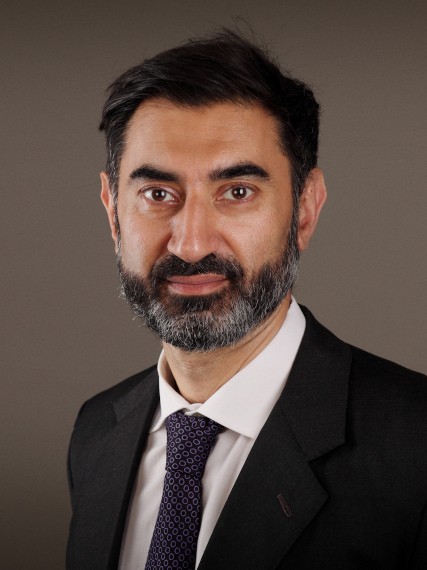Predictions of economic and financial decision-making usually rely on variables such wealth, income, employment, education, and various other demographics. However, the long-term fall-outs of past crises such as the 2007/2008 Global Financial Crisis have shown that our financial models are missing a key element – a way to capture that the personal experience of going through an economic crisis (or, conversely, the experience of living through lasting prosperous times) alters individual decision-making.
In her talk, Malmendier will relate the basic concepts from neuroscience that explain how experiences “re-wire” us, and discuss their implications for individual risk-taking and financial decisions. The concept of “experience effects” helps explain, for example, the impact of the Great Depression on stock-market participation, the long-run influence of various inflationary periods on housing and mortgage markets in the affected countries, or, more recently, the long-run effect of the Great Recession on consumer spending. She will also offer some speculations about the long-run ramifications of the current COVID-19 induced crisis.
Three key take-aways are: (1) The personal experience of economic boom and bust periods alters risk attitudes and financial investment decisions for decades to come, above and beyond their impact on wealth and income. (2) Younger generations are affected more strongly than older generations. (3) Experience effects influence even “experts” such as top managers or central bankers.
Moderator: Imran Rasul



